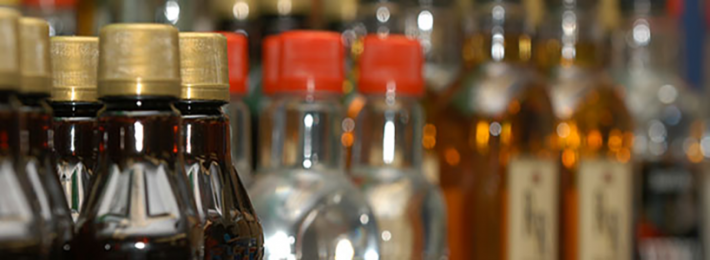Public Intoxication on Airplane Results in Clearance Denial

In May 2020, a Department of Energy (DOE) contractor had her security clearance suspended after the latest alcohol related incident involving public intoxication (PI) on an airplane in 2019. Additionally, the contractor intentionally provided false information to the psychologist concerning her alcohol consumption. The Local Security Office (LSO) further alleged that she had a similar lack of candor in her responses to two Letters of Interrogatory (LOI) that the LSO issued to her after being informed of her alcohol-related arrests. She had previously been arrested for Driving under the Influence (DUI) in 2017.
During her latest interview with the psychologist, she was asked “Did you stop consuming alcohol or continue to consume alcohol after the first incident in 2017?” She responded by stating “Yes, I have not consumed alcohol since the 2017 incident.” She went on to attribute her behavior that led to the PI arrest to sleep deprivation and her prescription pain medication. However, when the psychologist informed her that he was going to ask her to take a blood test that would detect her consumption of alcohol during the previous three weeks, she admitted consuming alcohol on the previous evening, and on the flight returning from Kentucky after Thanksgiving.
Based on the recommendation from the psychologist she began attending an Intensive Outpatient Program (IOP) for her alcohol issues in May 2020. On July 7, 2020, while she was attending this IOP, police arrested and charged her with a second DUI and the resultant breath tests indicated that her blood alcohol level at the time was .184. She pled guilty to the July 2020 DUI and was sentenced to four months of probation, is prohibited from possessing or using alcohol, and is subject to random urinalysis tests for alcohol. The DOE Appeals Judge determined none of the issues under Guidelines E (Personal Conduct), G (Alcohol Consumption) or J (Criminal Conduct) were mitigated, and clearance reinstatement was denied. You can read the entire case summary here.



I have to say that the title of this thread is a bit misleading as there appears to be an established pattern of alcohol abuse here, not to mention the attempt to conceal some facts.
The arrest for DUI while in the outpatient program had to be the clincher.
wat
I don’t think this is possible, alcohol is gone from your system within 48 hours.
Yes the alcohol is gone but there are certain by-products from the metabolic process that can be detected for a while longer. And I believe that the more of a drinker you are, the longer they can be detected.
It never fails to amaze me how people who have gone through so many hoops to get a clearance are so willing to throw it all away for a moment of indiscretion.